The genocide industry
Academics, NGOs and institutions are appropriating history’s worst crimes for their own squalid ends.
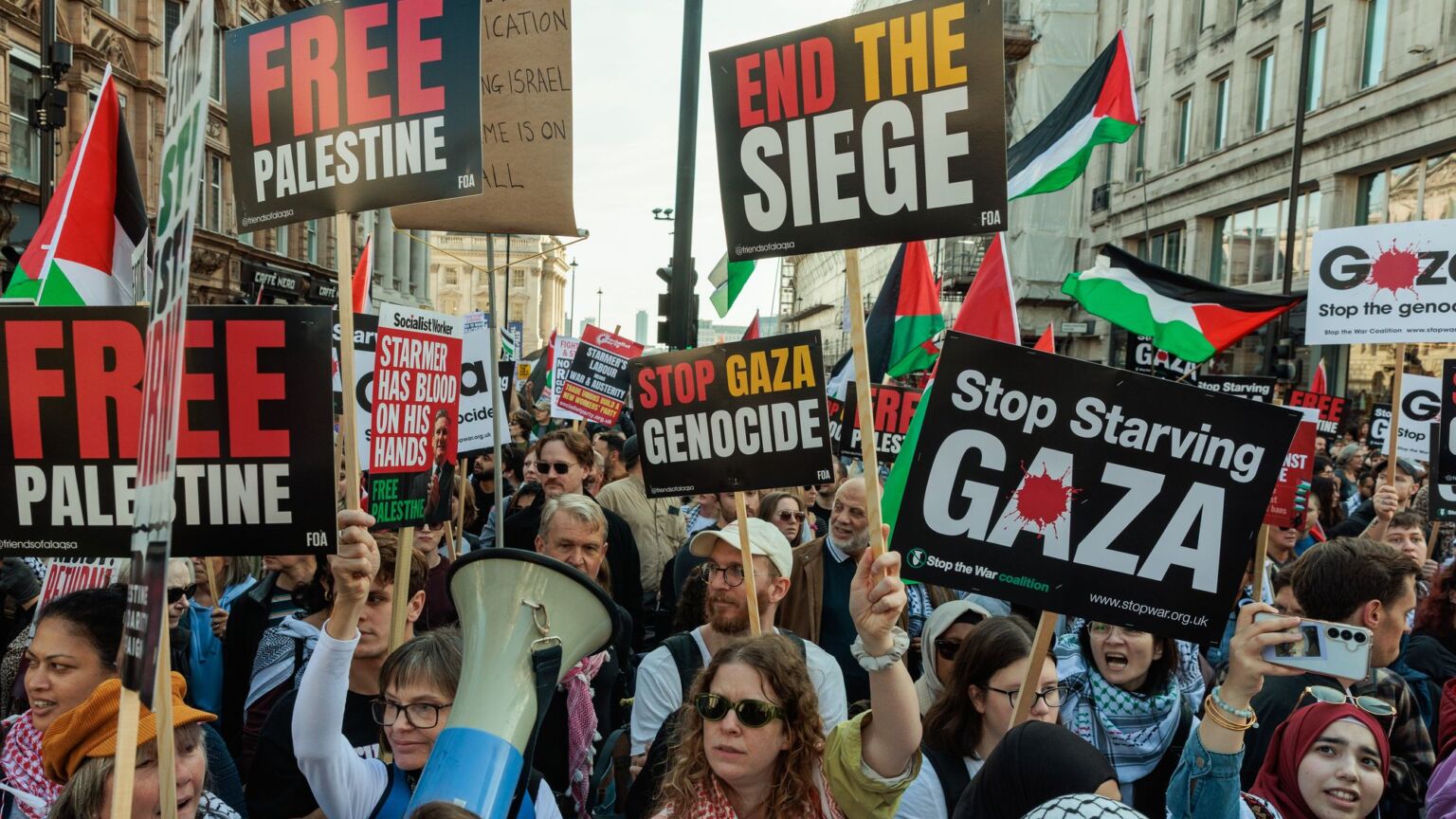
Want unlimited, ad-free access? Become a spiked supporter.
Since the Holocaust serves as a unique example of evil, moral entrepreneurs have long sought to appropriate it to legitimate their causes. These days, a veritable industry of institutions and NGOs has assumed the role of genocide ‘experts’, who claim to hold the authority to pronounce which violent event or act of war should be assigned the label.
Now, an apparently limitless range of experiences are represented as the equivalent of the Holocaust. Anti-abortion activists refer to a ‘Holocaust of embryos’. Trans activists promulgate the view that we are in the midst of a ‘trans genocide’. Some academics go so far as to extend the application of the term genocide to the victimisation of animals. According to one account:
‘Social vitality is important to the lives of some non-human animals and its forcible diminishment results in social death for those non-human groups. Thus, instances of violence that inflict social death among non-human animals are genocide. By recognising that non-humans are, in fact, rendered victims of genocide through human violence against them, we challenge the anthropocentric bias that is fundamental to all genocidal perpetration.’
Environmental campaigners have denounced what they describe as a ‘Holocaust of seals’. The term ‘ecocide’ is also used to draw comparisons between man’s impact on nature with man’s most heinous ever crimes.
The research that underpins the work of the new genocide industry is characterised by sloppy ahistorical comparisons and banal slippery-slope arguments. Take Barbara Coloroso’s Extra Ordinary Evil: A Brief History of Genocide, published in 2007. In it, she asserts that school bullying is the first step towards an act of genocide. ‘The impulse to bully is mirrored by the act of genocide’, she claims. When bullying is equated with attempts to eradicate entire peoples, we can safely say that the concept has become entirely detached from its original meaning. Coloroso’s assertion that we are ‘in an age when acts of genocide seem to occur more frequently’ unwittingly illustrates the problem. Needless to say, the reason genocides can be said to occur more frequently is that the label can be applied to almost anything.
The campaign to appropriate the term genocide is being carried out in plain sight. Academic Zachariah Mampilly argues that the term ‘genocide’ is not designed to be precise, but is instead ‘meant to serve a political, moral purpose’. We saw the consequences of this way of thinking in September, when a campaigning group that calls itself the International Association of Genocide Scholars accused Israel of genocide based on its own ‘reinterpretations’ of international law. Fittingly, it turned out that anyone could join this group of ‘scholars’ if they paid a fee of $30.
This constantly shifting application of the term genocide appears to have settled on one particular target. Critics of Israel now relentlessly denounce the Jewish State, accusing it of the very crime that necessitated its creation.
These kinds of accusations against Israel actually predate the Gaza war. Apparently, genocide is an inevitable consequence of so-called settler-colonialism – another crime Israel is wrongly accused of committing. One of the main figures promoting the thesis of ‘settler-colonialism as genocide’ was the late academic Patrick Wolfe, who wrote in 2006 of the ‘logic of elimination’ inherent in a ‘settler-colonial society’.
Israel, therefore, is tainted with the original sin of genocide. In the words of one contemporary academic, ‘the continuity of Israel’s settler-colonial policies and practices of massacre and genocide, beginning with the 1948 Nakba, continuing up to today’s genocidal war on the Gaza Strip shows that genocide is a fundamental feature of the structure of settler-colonialism. It is a process and not an event.’
This allows the very legitimacy of Israeli society to be called into question. Since it is inherently genocidal, so this line of reasoning goes, it cannot be saved – only destroyed. Other societies accused of genocide – even Nazi Germany – can be re-educated and saved from their destructive impulses. But not Israel, it seems.
This invariably leads to the process of Holocaust inversion. As Matthew Bolton noted in his excellent essay on the meaning of genocide: ‘The eagerness with which so many grabbed the chance to accuse Israel of genocide in the aftermath of 7 October 2023 surely does have something to do with the taboo-breaking thrill of inverting, and thereby finally cancelling out, the Shoah.’
Accusing Israel of genocide dangerously undermines the moral authority of the Holocaust. It belittles the attempted annihilation of Jewish people. Inevitably, this has led many people to deny the existence of the Holocaust altogether. This was starkly demonstrated by Rahmeh Aladwan, a trainee NHS doctor who recently made headlines for her alleged anti-Semitism. Aladwan is the current subject of a tribunal hearing for, among other things, describing the Holocaust as a ‘fabricated victim narrative’. Such insidious views have become depressingly widespread, particularly since Hamas’s pogrom against Israel two years ago.
The efforts to remove the Holocaust from its anti-Semitic underpinning, and to redefine the crime of genocide to apply it to the war in Gaza, amount to an assault on truth, history and reason. That they have found so much success in Western institutions is cause for serious alarm.
Frank Furedi is the executive director of the think-tank, MCC-Brussels.
£1 a month for 3 months
You’ve hit your monthly free article limit.
Support spiked and get unlimited access.
Support spiked – £1 a month for 3 months
spiked is funded by readers like you. Only 0.1% of regular readers currently support us. If just 1% did, we could grow our team and step up the fight for free speech and democracy.
Become a spiked supporter and enjoy unlimited, ad-free access, bonus content and exclusive events – while helping to keep independent journalism alive.
———————————————————————————————————————————–
Exclusive January offer: join today for £1 a month for 3 months. Then £5 a month, cancel anytime.
———————————————————————————————————————————–
Monthly support makes the biggest difference. Thank you.



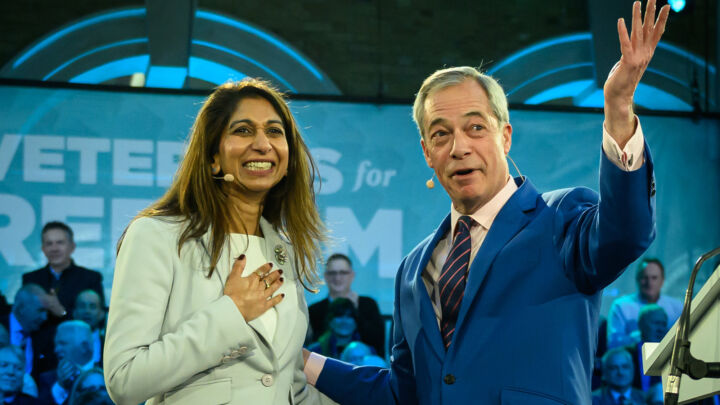
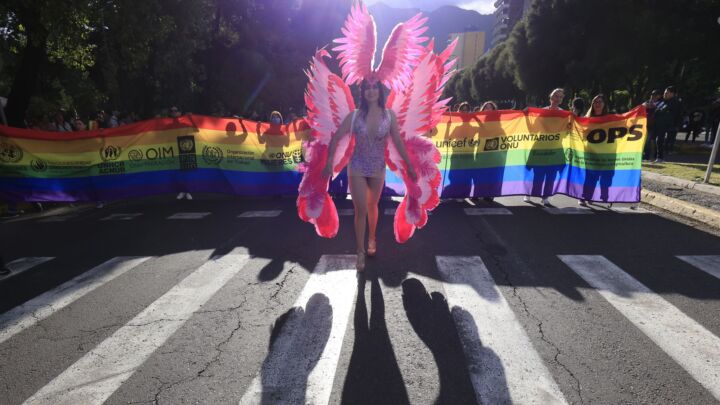
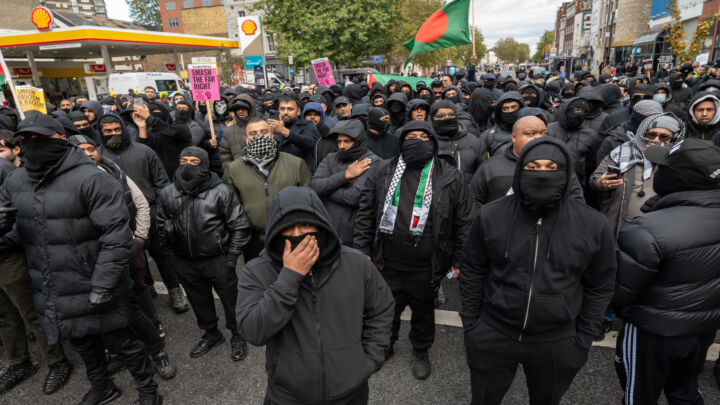
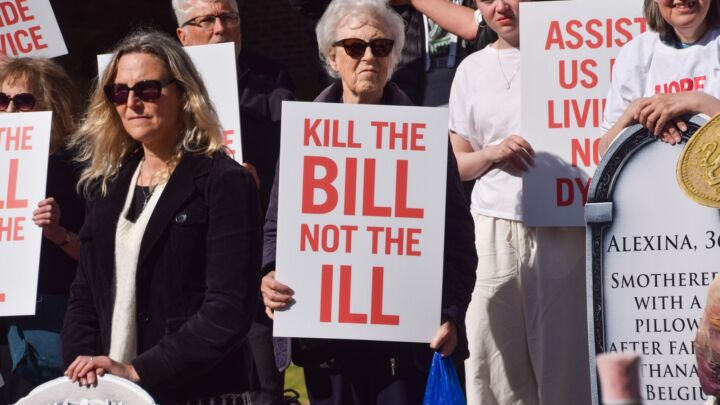
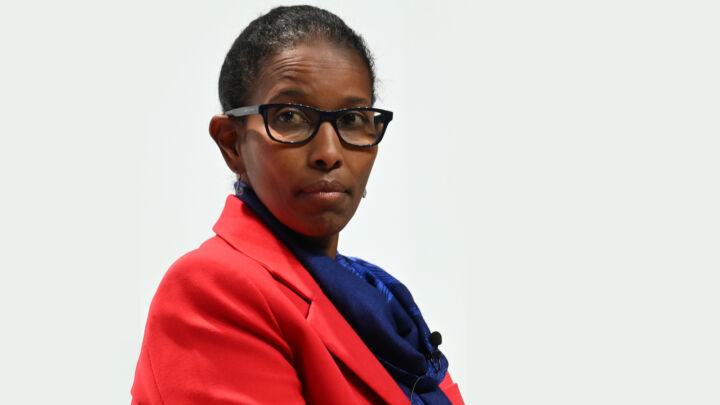



Comments
Want to join the conversation?
Only spiked supporters and patrons, who donate regularly to us, can comment on our articles.